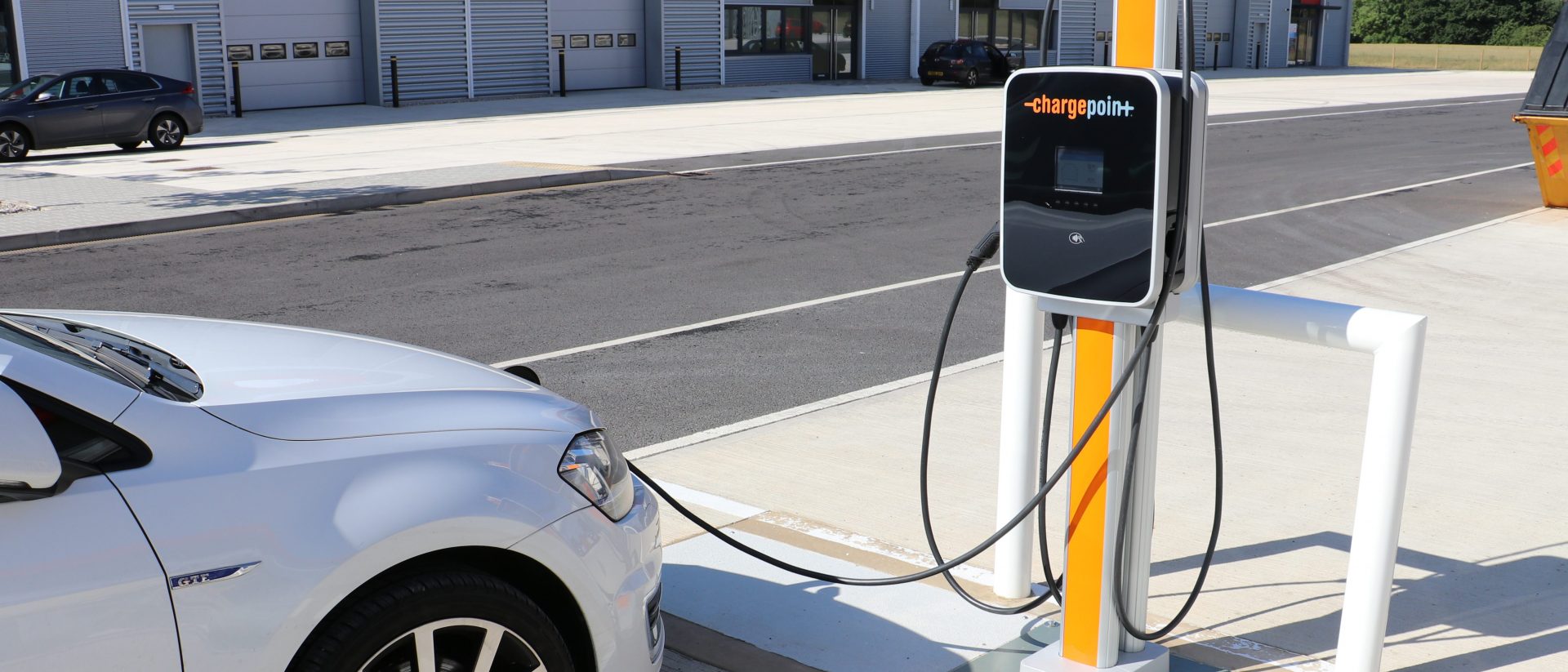- The REA responds to the Government’s announcement that Electric Vehicles will pay vehicle excise duty for the first time, starting from 2025;
- Ending the road tax exemption for electric vehicles was expected, but the REA warns that taxes on zero emission vans could harm transition;
- However, the Autumn Statement also offers some positive outcomes for the sector, and the REA reiterates its message that more supportive policies, particularly in heat and transport, are needed to achieve UK Net Zero commitments.
The Association for Renewable Energy and Clean Technology (REA) has responded to yesterday’s announcements regarding the Electric Vehicle (EV) sector confirmed by Chancellor Jeremy Hunt when outlining the Autumn Statement.
Electric Vehicles (cars, vans and motorbikes) will pay Vehicle Excise Duty (VED) for the first time, starting from 2025. The REA recognises that a form of taxation was inevitable at some point due to the shift from vehicles paying VED and Road Fuel Duty to those paying none, but the REA says that this will need to be proportional and carefully managed in order to not negatively impact the transition.
In particular, the REA warns that ending the exemption for zero emission vans could harm the transition to these vehicles. The REA also highlighted the need to make sure that there is full equity for all vehicles to avoid a scenario where some conventional (ICE) vehicles would, in fact, play less than zero emission alternatives.
On a positive note, Company Car Tax rates will also be marginally increased for EVs but investment rate allowances have been extended to 2025 for charge points. The REA welcomes this policy, and maintaining these company car tax incentives through Benefit in Kind (BIK) rates, is an extremely positive outcome for the sector. We participated in this successful campaign and are delighted to see the work of the REA and its members have a positive impact on the EV sector.
Jacob Roberts, Transport Policy Manager at the Association for Renewable Energy and Clean Technology (REA), said:
“While a change to Vehicle Excise Duty (VED) exemptions for electric cars was to be expected, it is imperative that the Government makes sure that they are not disincentivising the transition for other vehicles such as zero emission vans.
“Within the Autumn Budget, the Government has overall reaffirmed its commitment to Electric Vehicles and EV charging, which is welcome, but the REA is continuing to urge the Government to implement more supportive policies, particularly in heat and transport, to make the energy transition a reality.
“The Autumn Statement also offered several positive outcomes for the EV sector, including maintaining BIK incentives, a campaign that the REA participated in, and are delighted at the confirmation that they will increase by 1% per year.
“Renewable energy and clean technology is the cheapest form of generation and best route to providing long term relief to the dual climate and energy security crises.”
—ENDS—

